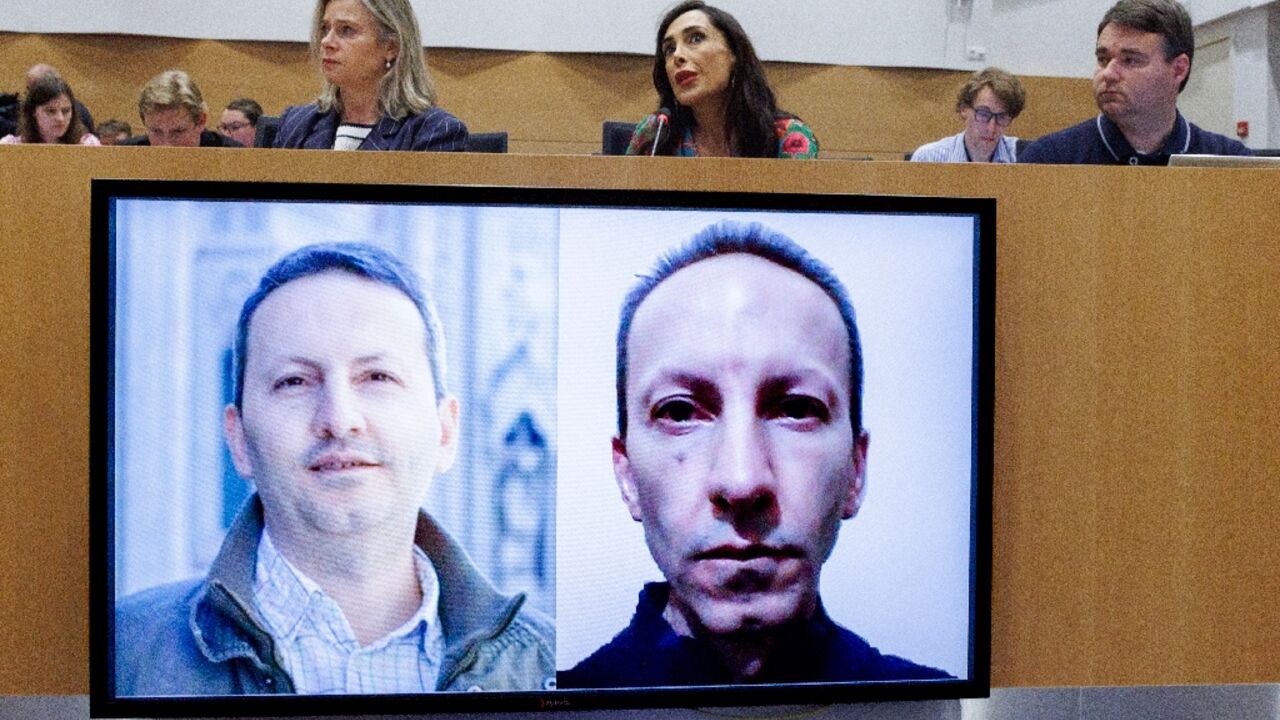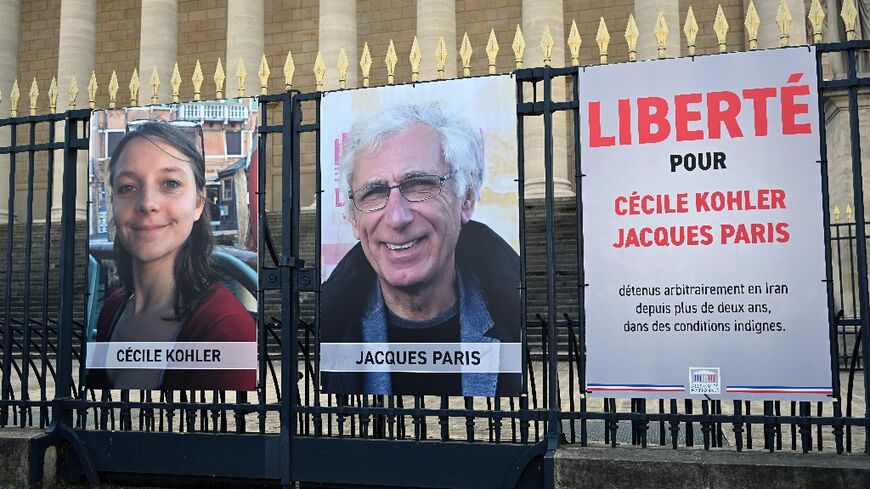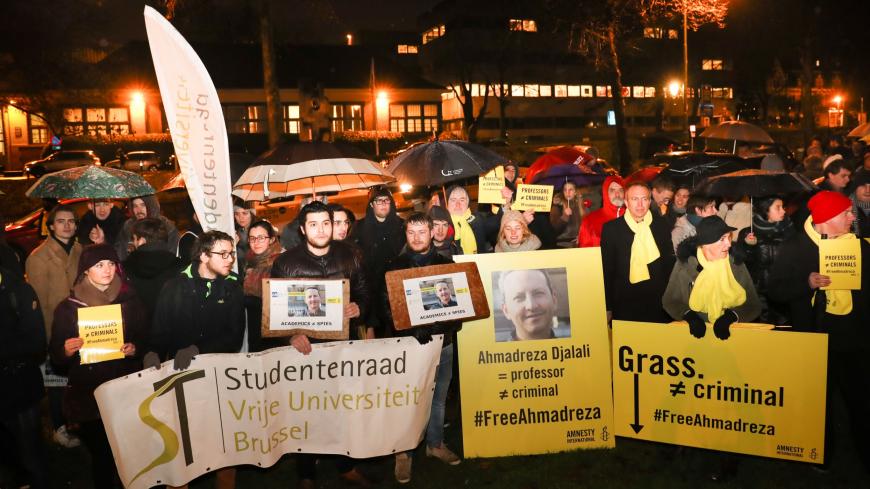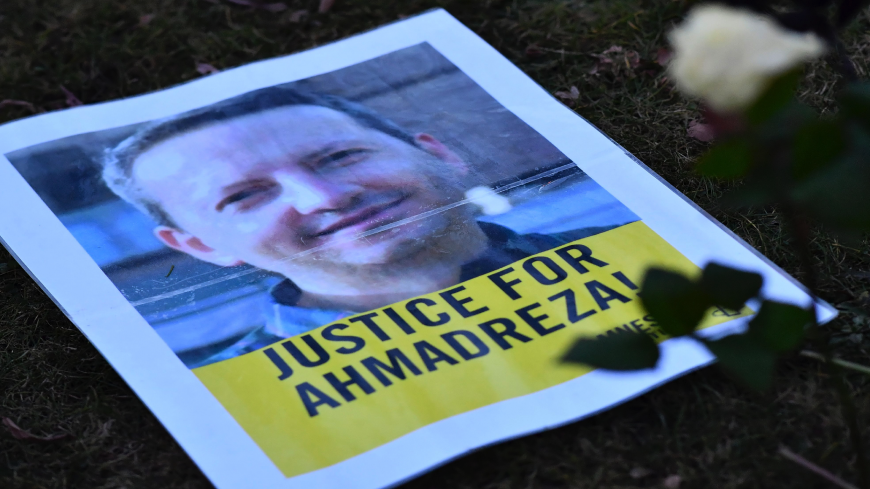'No more empty statements:' Iran ex-detainees press Sweden over death row academic

Over 20 foreign nationals who themselves endured years of captivity in Iran on Wednesday urged Sweden to step up efforts to free a Swedish-Iranian citizen sentenced to death in the country, after he had a heart attack last week.
Ahmadreza Djalali, an academic who was sentenced to death in 2017 on espionage charges he denies, suffered a heart attack in Tehran's Evin prison, his wife said Friday.
Djalali, 53, is among a number of Europeans held by Iran in what some countries including France call a deliberate hostage-taking strategy to extract concessions from the West at a time of tension over Tehran's nuclear programme.
Djalali's condition, "worsened by years of medical neglect and psychological torment, is now dire," said the 21 former detainees including British-Iranian Nazanin Zaghari-Ratcliffe, Australian Kylie Moore-Gilbert and US-Iranian Siamak Namazi, who were freed only after years-long ordeals in prison.
"While the Islamic Republic and its heinous practice of hostage diplomacy is the clear culprit here, we are deeply troubled by your government's failure to use the means at its disposal to rescue Dr Djalali," they said in the letter addressed to Swedish Prime Minister Ulf Kristersson via Stockholm's embassy in Washington.
"No more empty statements. Sweden must act with the same urgency and resolve it has shown in securing the freedom of other citizens," they added in the letter seen by AFP.
Djalali was granted Swedish nationality while in jail.
- 'A path home' -
The letter said Iranian Foreign Minister Abbas Araghchi had offered a possible way forward in a recent social media post that it said "implicitly linked" the case to Iran's inability to access treatment for epidermolysis bullosa (EB), a disease that affects hundreds of Iranian children and can be fatal without proper care.
"The specialised wound dressings required to treat EB, produced by a Swedish company, have long been blocked due to over-compliance with sanctions," the letter said.
In a post on X last week that lamented a "regrettable shift" in bilateral relations, Araghchi said "Sweden ceased non-sanctionable exports of medicines, including specialised and unique gear for children afflicted with EB".
In June 2024, Tehran freed two Swedes held in Iran in exchange for Hamid Noury, a former Iranian prisons official serving a life sentence in Sweden. To the disappointment of his family, Djalali was not included in the swap.
In the letter, the ex-detainees told Kristersson: "A path to bring Dr Djalali home -- alive, not in a coffin -- appears within reach.
"If Sweden fails to pursue it seriously and this Swedish citizen dies in captivity, history will record that your government had more than one chance to save him -- but chose not to. That responsibility will rest squarely with you."





